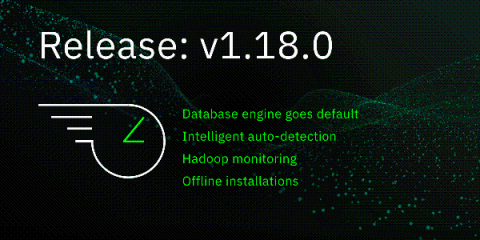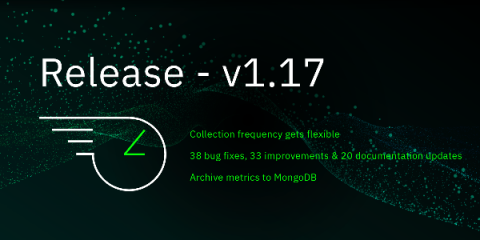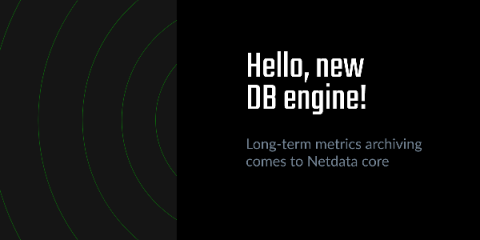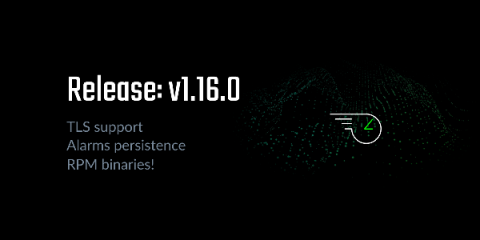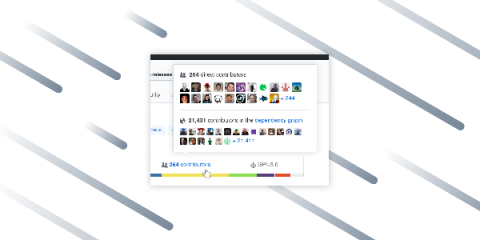Release 1.18: What's new with the database engine?
As your infrastructure grows more complex, storing long-term metrics becomes difficult and costly to retain. Your team stars to limit the amount of historical data they archive, causing gaps in coverage. Anomalies start to slip through the cracks. Version 1.18 of Netdata aims to solve the monitoring metrics storage problem once and for all. Aside from 5 new collectors, 16 bug fixes, 27 improvements, and 20 documentation updates, here’s what you need to know.


